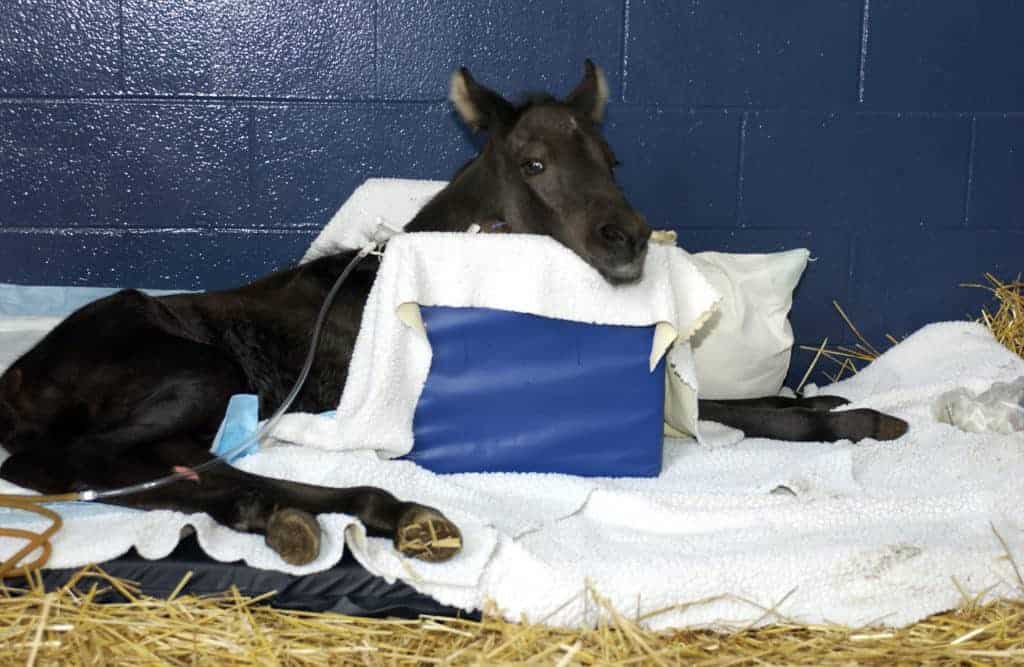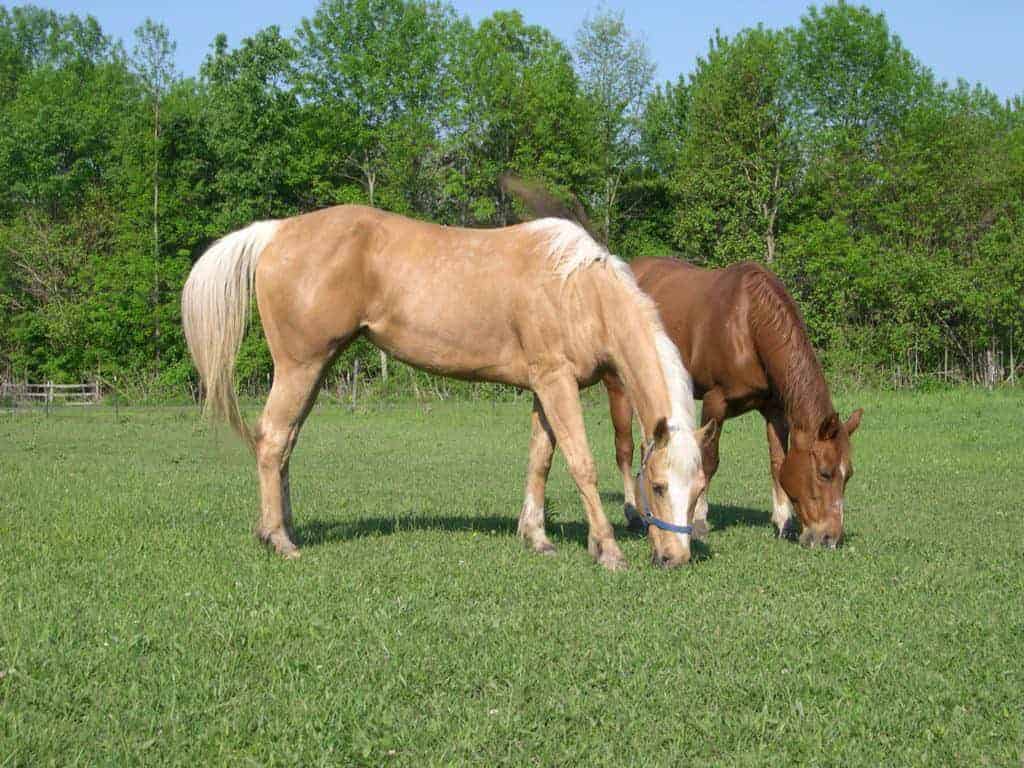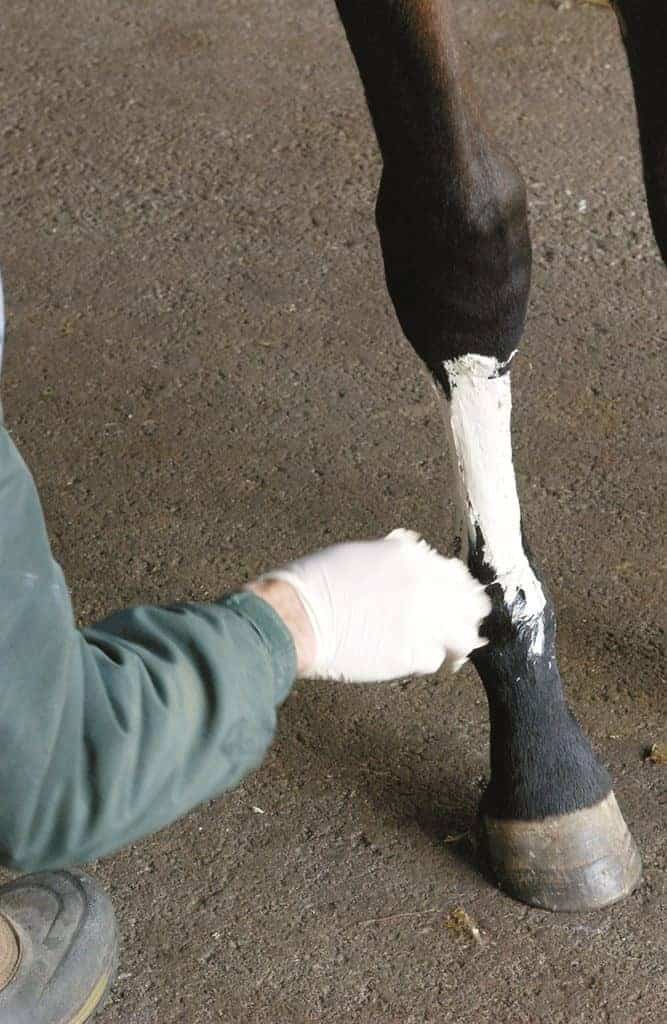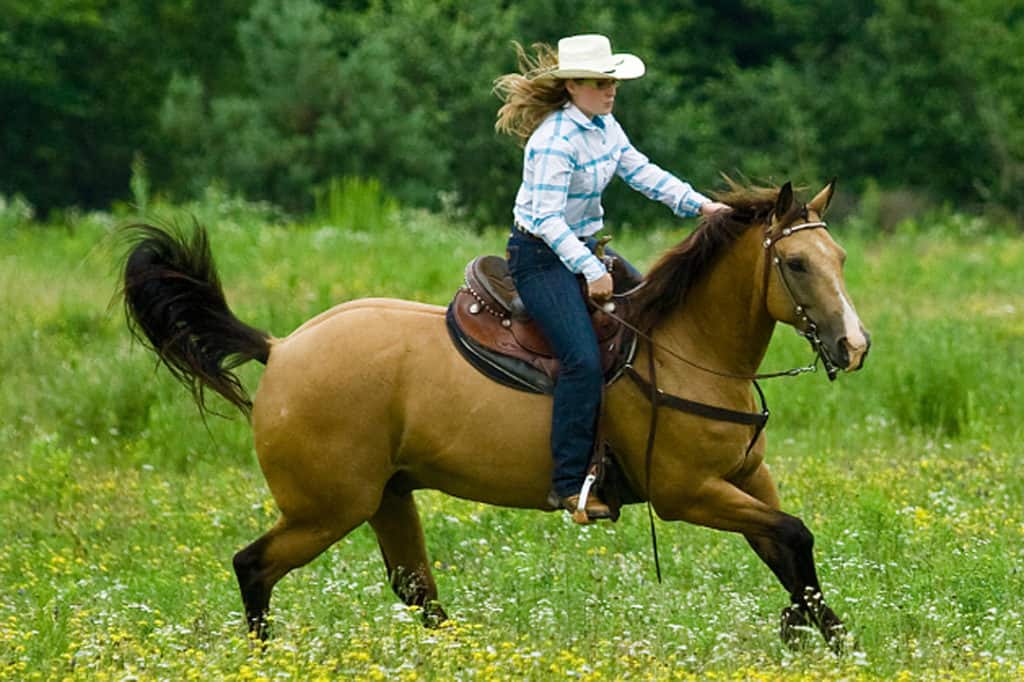
Gastrointestinal Problems in the Foal
Meconium impaction, ulcers, diarrhea, and other GI problems can arise in foals.

Meconium impaction, ulcers, diarrhea, and other GI problems can arise in foals.

Could a healthy horse in one’s own backyard be a disease risk for other horses?
Stem cell therapy is one of the most discussed regenerative therapies in the horse health community today, and

Poultice can help reduce tissue heat and swelling caused by high intensity training and performance.
Breeders’ Cup Ladies’ Classic winner Unrivaled Belle, who broke her withers after flipping over backwards in
Tying-up, or exertional rhabdomyolysis, is a frustrating problem for horse owners, but can be managed through
Prevention and monitoring strategies for equine proliferative enteropathy, a disease that affects weanlings
Equine proliferative enteropathy, a gastrointestinal disease of foals and weanlings that’s increasing in
Uncle Mo has a case of cholangiohepatitis, which, is a severe inflammation of the bile passages and adjacent

The latest therapies for injured tendons and ligaments focus on rebuilding tissue to its original strength.

Equine herpesvirus-1 is a highly contagious infection that can cause respiratory disease in weanlings and young horses, abortion in pregnant mares, and neurologic disease in adult horses. Herpesvirus is widespread in the equine population.

Learn about how your horse’s body adapts to exercise and how to optimize his fitness.
“The Horse Owner’s Guide to Regenerative Medicine” will take place June 4 from 2:00 to 5:00 p.m., in Lexington
Archarcharch and Battle of Hastings, two of the horses injured during the Kentucky Derby day races at Churchill Downs, are both doing well after surgery at Rood & Riddle Equine Hospital in Lexington, Ky. Both surgeries took place May 8.
Owner Mike Repole said a decision on whether Uncle Mo, the current second favorite, will run in Saturday’s Kentucky Derby Presented by Yum! Brands will be made late today May 5, or early tomorrow. After the one-time Derby favorite exercised over the
Stay on top of the most recent Horse Health news with
"*" indicates required fields